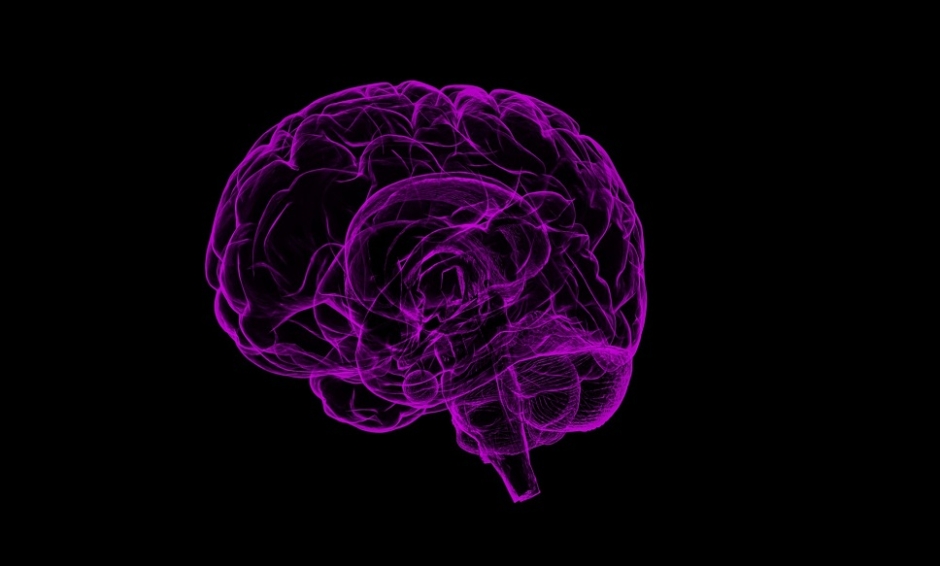NEW data outlining the benefits of an epilepsy treatment were presented during the American Epilepsy Society (AES) Annual Meeting 2017. The data assessed the real-world effectiveness, safety, and tolerability of eslicarbazepine acetate (Zebinix®, Bial, Coronado, Portugal) in three areas in epilepsy patients: when used as a monotherapy in patients with partial-onset seizures; when it was utilised following conversion from a previous treatment with carbamazepine or oxcarbazepine; and a comparison of the doses ≤1,200 mg/day and >1,200 mg/day.
The information emerged from an exploratory pooled analysis of data from 14 European clinical practice studies, called Euro-Esli, which included 2,058 patients aged 14–88 years with partial-onset seizures. There was a similar number of adverse events reported when eslicarbazepine acetate was used as a monotherapy compared to when utilised as an adjunctive therapy in patients treated both initially and at last visit. The discontinuation rate due to adverse events were also similar between the two at initial visit, but at last visit it was significantly lower in patients treated with monotherapy.
In patients transitioning from carbamazepine or oxcarbazepine, eslicarbazepine acetate was efficacious and generally well-tolerated. When comparing the doses of ≤1,200 mg/day and >1,200 mg/day of eslicarbazepine acetate at the timepoints of 3, 6, and 12 months of therapy, responder and seizure freedom rates were significantly higher in patients treated with ≤1,200 mg/day compared with >1,200 mg/day and discontinuation of the treatment due to adverse events was significantly higher in those with ≤1,200 mg/day versus >1,200 mg/day.
These data provide more evidence regarding the safety and tolerability of eslicarbazepine acetate. António Portela, Chief Executive Officer, BIAL, commented: “Real-world data explores the impact of a treatment in a real-life environment and these data improve our knowledge and understanding around the use of eslicarbazepine acetate, reinforcing BIAL’s commitment to developing and delivering beneficial treatment options for people living with epilepsy.”
James Coker, Senior Editorial Assistant
For the source and further information about the study, click here.








